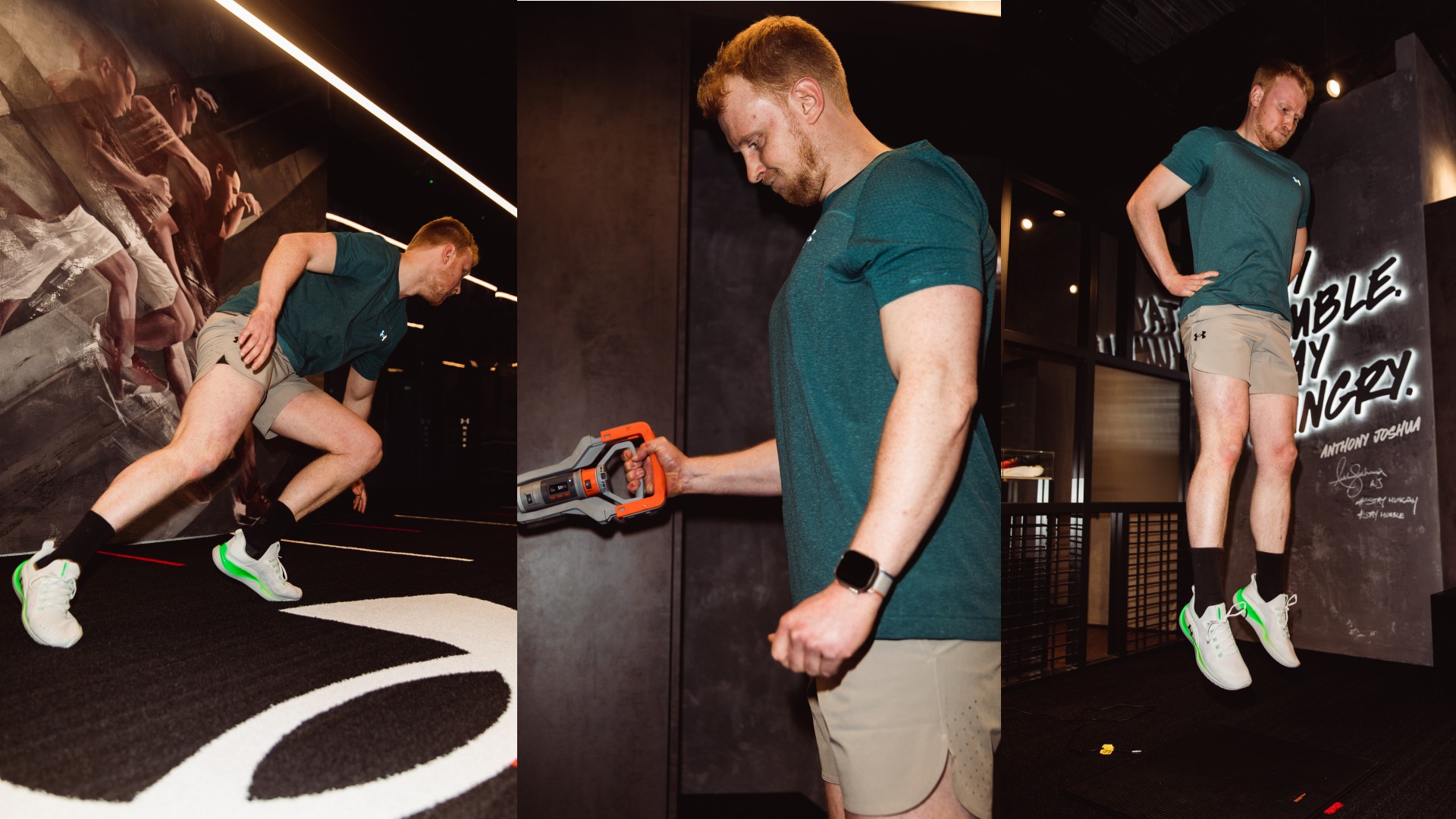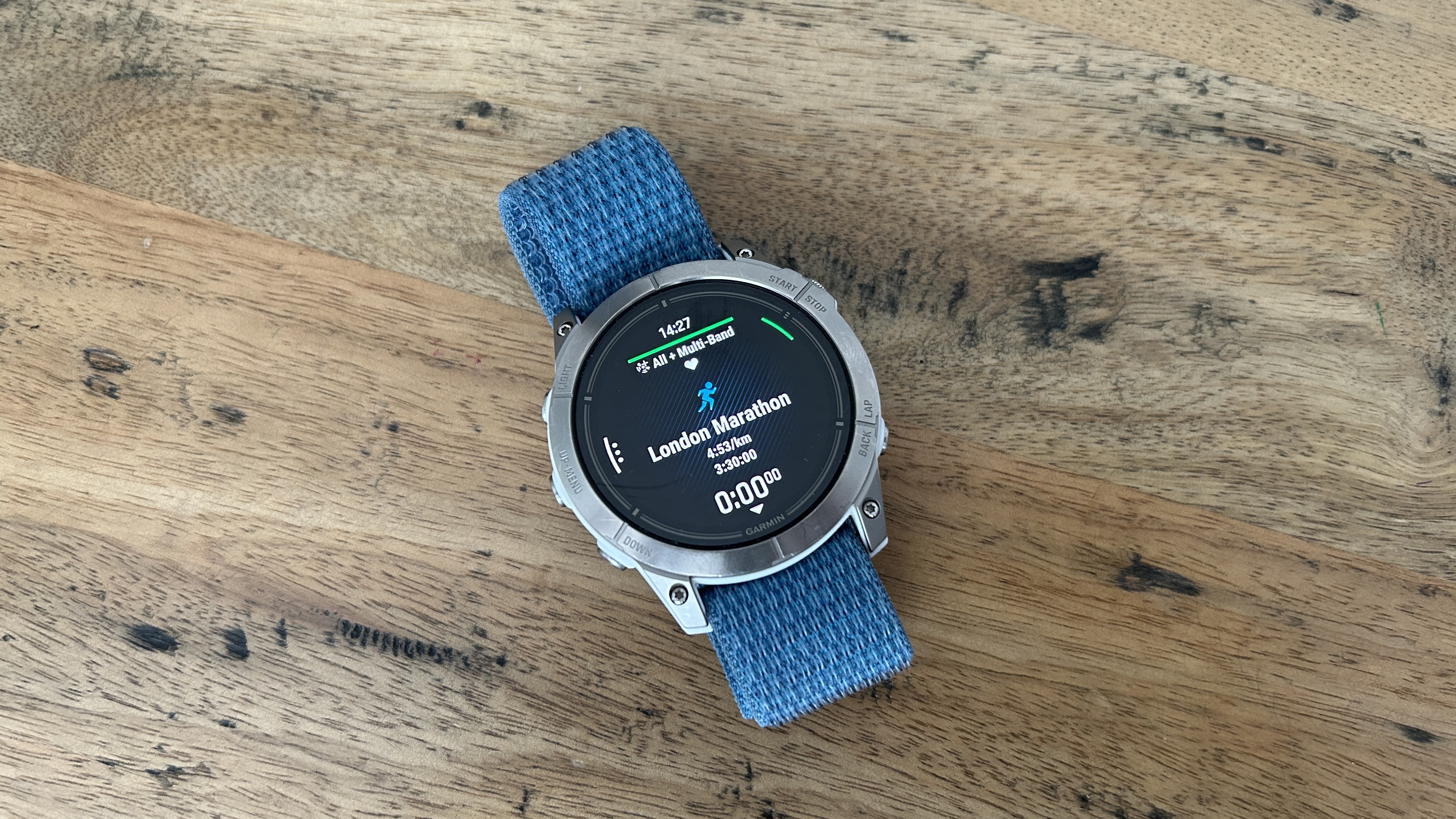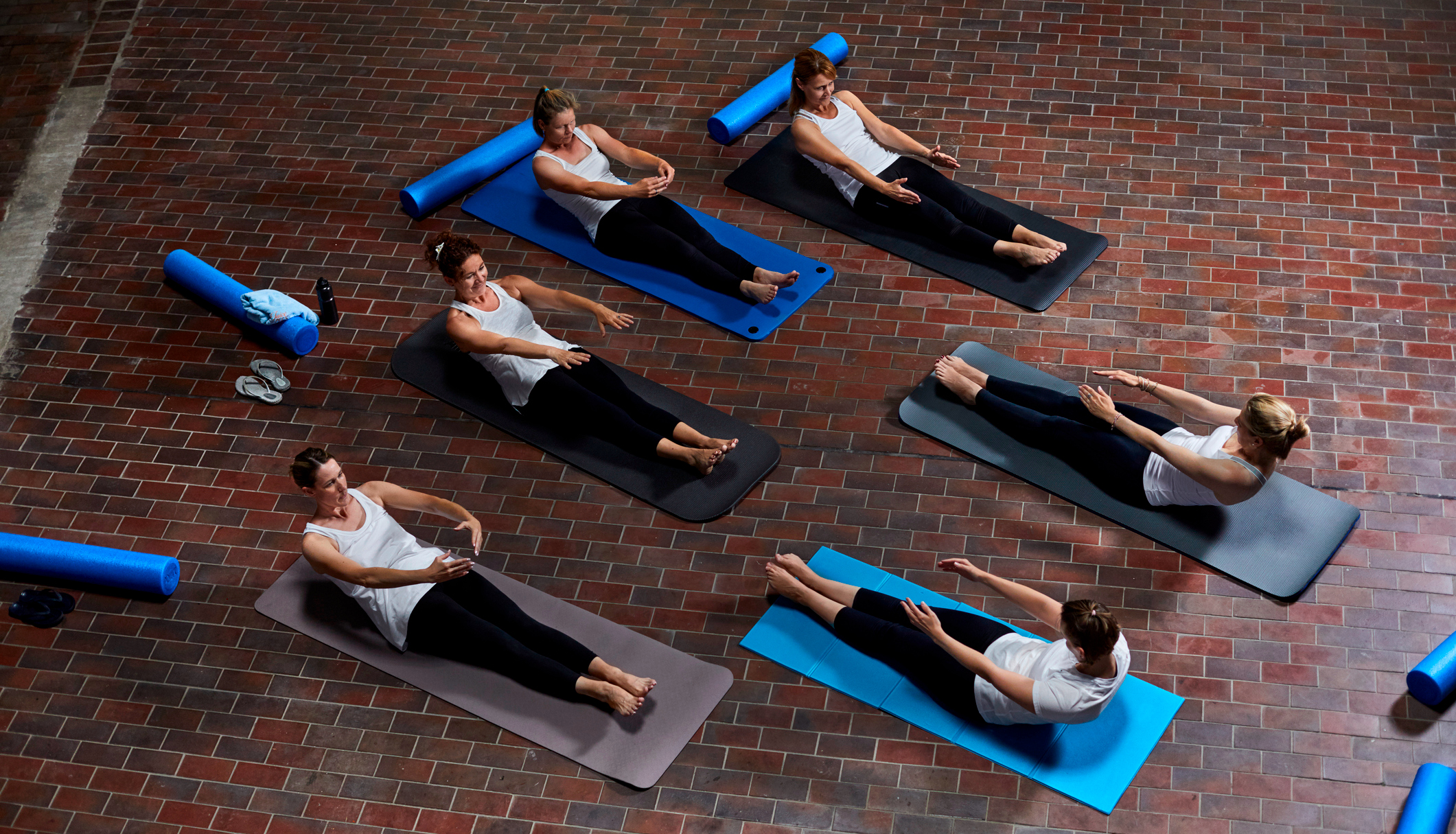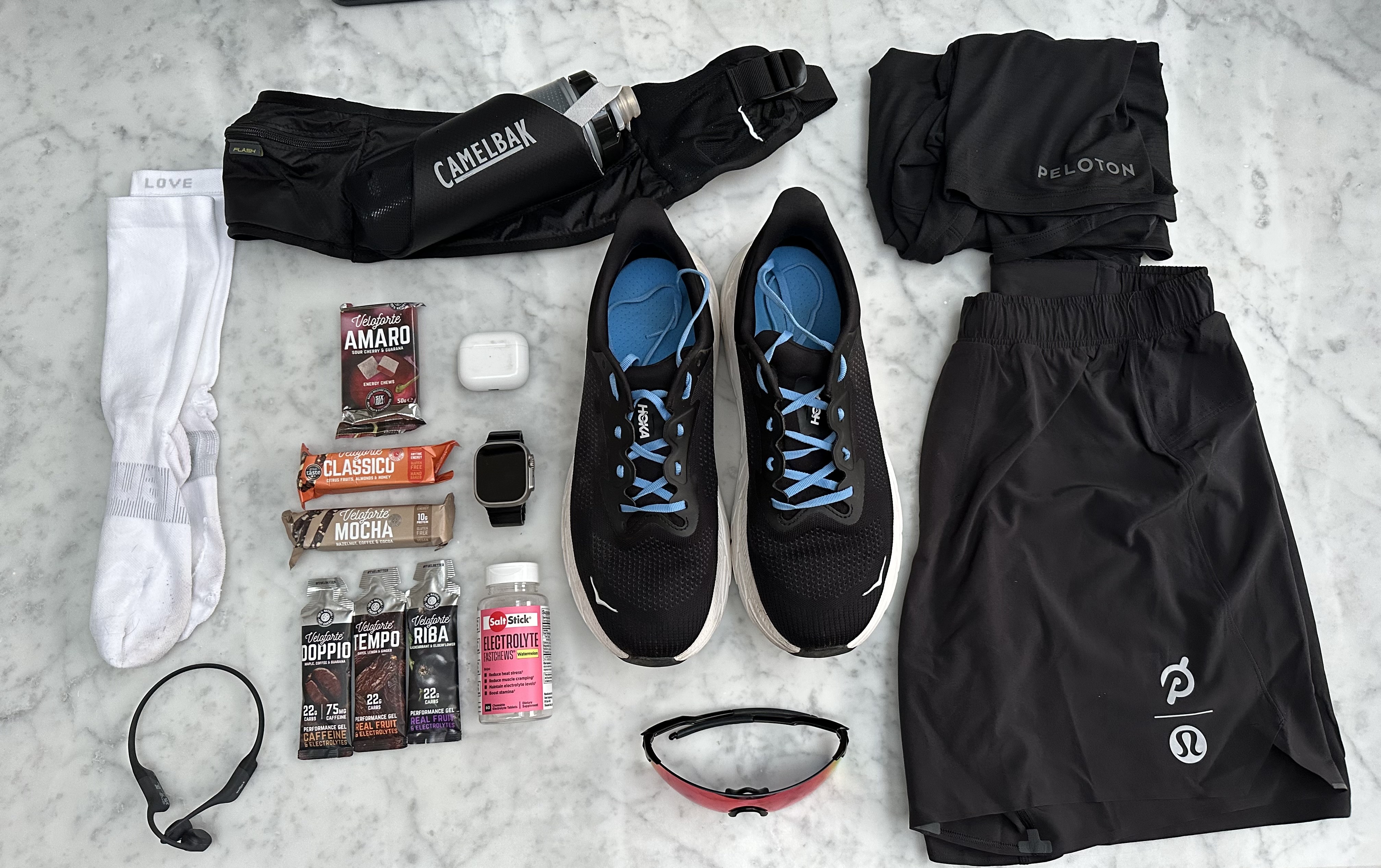How To Taper For A Half Marathon
Get your half marathon taper right and you’ll line up on race day refreshed and ready to perform at your best

Anyone who has trained for a marathon will probably have already heard about the taper, an almost magical period where you get to stop training so hard and start resting up ahead of race day.
Outside of marathons, tapering is not spoken about as much, but it is still an important thing to do when half marathon training. You will still have spent several months training, and your half marathon taper will be critical to helping you perform on race day. For advice on how to taper for a half marathon, we spoke to James Thie, coach at Coopah, official training partner of the London Landmarks Half Marathon.
How long do you need to taper for a half marathon?
With any event tapers are important. For a half marathon you're probably looking at roughly two weeks. It just goes back to the fundamentals that you want to absorb your training, rest and recover.
There’s no point in putting your biggest training week just before your half marathon because you won’t get the benefit, and you will run the risk of injury, illness, and fatigue.
Not everyone likes to taper, because often people think they’re losing fitness, but it’s almost like you’ve got to recharge the batteries. You want that itchy feeling where you just want to get out there on race day.
How do you taper for a half marathon? Do you rest completely?
You take down the volume [the distance or time]. Sometimes you increase the intensity a little, to get the legs moving so you feel sprightly and fresh in the early miles [of your race]. You often keep the frequency—the number of times you run—the same, because it’s nice to have a routine and mentally running is such a game-changer for how we feel. Even getting out and doing less of a run feels great, because the work has already been done.
What if you have missed training early on in your plan? Can you make it up instead of tapering?
This is the hardest thing for some people. Even if your training hasn’t gone to plan, it’s best to get to that start line healthy and ready to run. You’ve got a far higher chance of that if you taper, rather than if you decide to catch up some training in the week before to give yourself confidence. Any last-minute training can only be detrimental. You might pick up a niggle or end up being really fatigued, and you won’t get on that start line at all.
Get the Coach Newsletter
Sign up for workout ideas, training advice, reviews of the latest gear and more.

Nick Harris-Fry is a journalist who has been covering health and fitness since 2015. Nick is an avid runner, covering 70-110km a week, which gives him ample opportunity to test a wide range of running shoes and running gear. He is also the chief tester for fitness trackers and running watches, treadmills and exercise bikes, and workout headphones.









